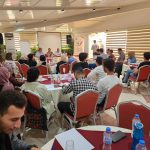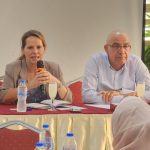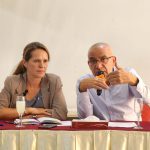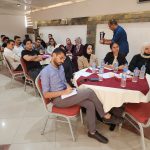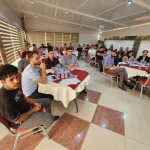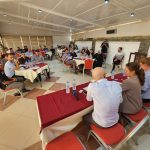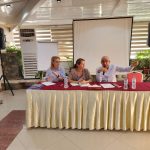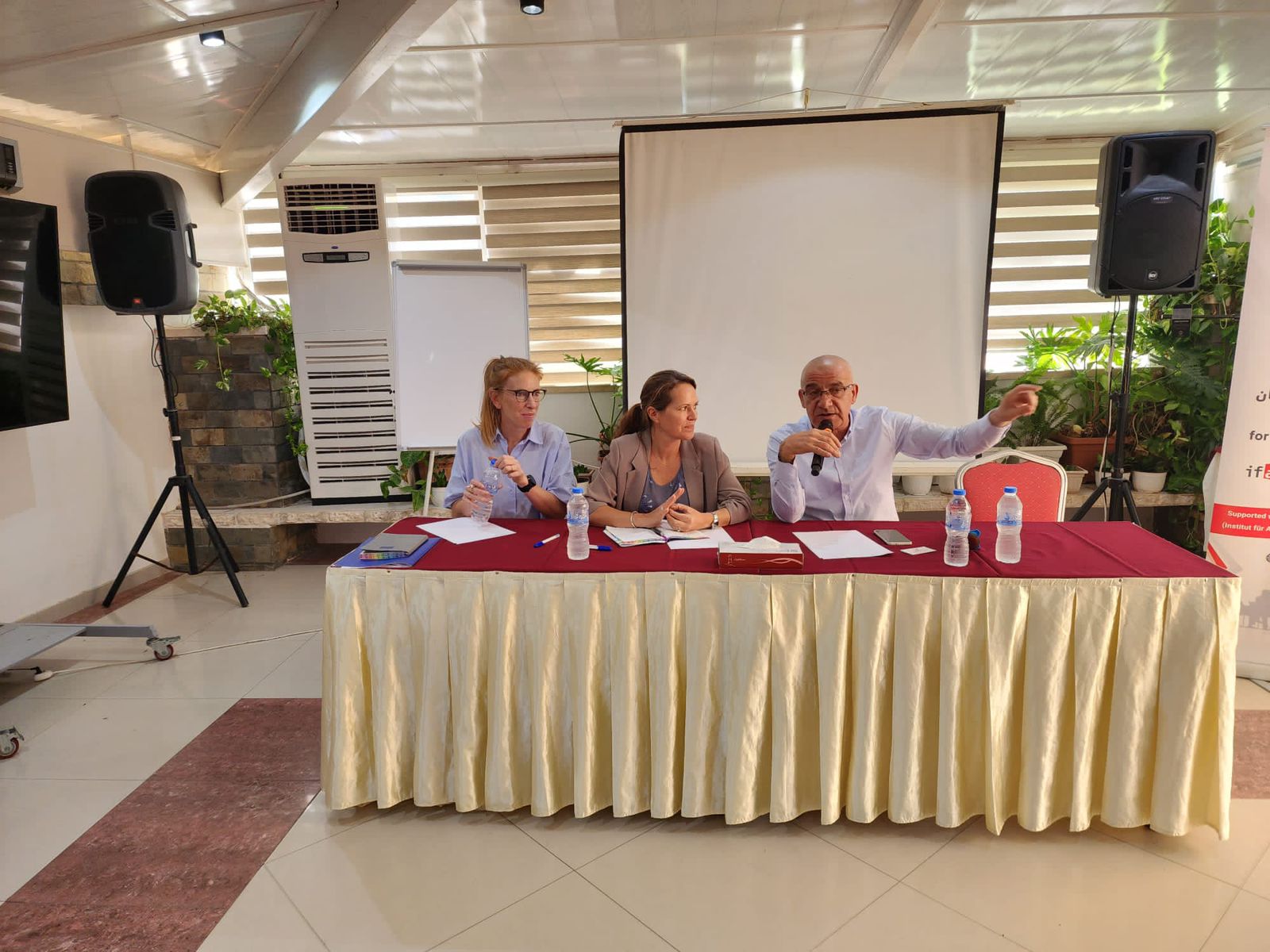
As part of its efforts to raise youth’s awareness and break the cultural blockade imposed on them, PalThink for Strategic Studies has held a discussion session with members of the European Union Representative Office in Jerusalem, as part of the activities of “PalThink Academy for Democracy and Human Rights”, a project supported by Institut für Auslandsbeziehungen (ifa)’s Zivik Funding Programme.
The Deputy Head of the European Union Delegation, Maria Velasco, and the delegation’s Political Affairs Officer, Ingrid Bohlin, participated in the session, which was attended by members of PalThink Academy for Democracy and Human Rights.
PalThink’s Director, Omar Shaban Ismail, opened the meeting by welcoming the delegation members and the attendees before speaking about PalThink’s role in helping young people meet decision-makers to enable them to think outside the box to qualify them to become future leaders.
Shaban spoke about the Academy and its role in consolidating the values of democracy and human rights in the Palestinian society through workshops, connecting meetings, research paper writing, and discussions of books and films.
He said that members of the academy have never been able to travel; therefore, PalThink is trying to connect them with the outside world by holding sessions that bring them together with international diplomatic personalities.
For her part, Deputy Head of the European Union Delegation, Maria Velasco, expressed her great honor to meet the young generation who are the future of Gaza.
She spoke to the youth about the establishment of the European Union as a peace project after World War II, which began with a coal and steel trade agreement between six countries, then it expanded to include other countries, focusing on enhancing trade between member states, which now number 27 countries.
Velasco noted that what is common between all EU member states is democracy and the rule of law, and the EU is based on the principles of human rights and the Charter of the United Nations.
She explained that there are representatives of 22 member states of the European Unionin Jerusalem and Ramallah, as part of the EU’s effort to establish an effective policy in the oPt, focusing on human rights, democracy, and rule of law.
Velasco mentioned that the world in going through difficult times, as the global order and values are being undermined, and that the main concern now is not finding stronger ways to advance human rights but defending what we already have.
For their part, the attendees thanked the representatives for speaking to them and expressed their aspirations of achieving democracy and political and stoical participation, especially in light of the challenges imposed by the Israeli occupation on the residents of the Gaza Strip, including restrictions on the freedom of movement and travel.
They discussed the change in the positions of European countries since the beginning of the Ukrainian war, the future of the conflict in Ukraine, and Ukraine’s need for support after the end of the war.
The attendees spoke about the EU’s position on the repeated Israeli violations and the two-state solution. The representatives emphasized the European consensus on the two-state solution and supporting the Palestinians to build their state institutions and infrastructure until Palestine obtains its independence, because that is the basis of development.
The attendees discussed the role that Europe plays in Palestine compared to the role it plays in Ukraine, where the representatives referred to the position of the EU in rejecting the occupation and considering Israeli settlements on the lands of the West Bank are illegal.
When the attendees asked whether the EU is likely to impose sanctions on Israel similar to those on Russia, the representatives o indicated that this is not on the table now, or at least in the short term.
The discussion also dealt with the projects and initiatives undertaken by the EU to empower youth and women and support the mental health of the residents of the Gaza Strip, and the extent to which European development projects are aligned with the 2030 Sustainable Development Goals.
The attendees also discussed the European support for the Palestinian Authority after the EU suspended and then renewed its funding this year. The attendees called on the European Union to pressure the various parties to hold the elections and link the support to the elections file.


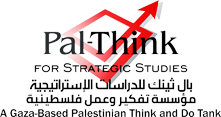
 Home
Home Literature
Literature Studies
Studies Reports
Reports Book
Book International Conventions
International Conventions Links
Links Academy News
Academy News Opportunities
Opportunities Networking
Networking Your opinion
Your opinion

